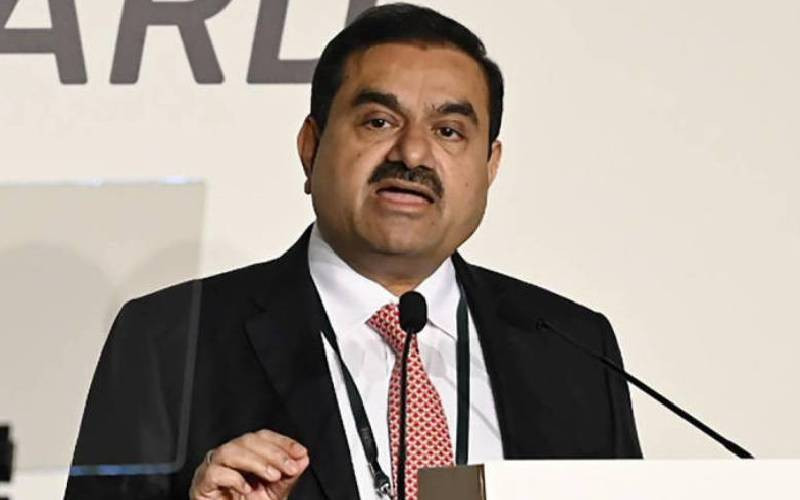×
The Standard e-Paper
Stay Informed, Even Offline
By Njoki Ndung’u
On Wednesday, I watched as former President Moi pooh-poohed civil society organisations relegating them, as he has always in the past, as busybodies only of nuisance value.








